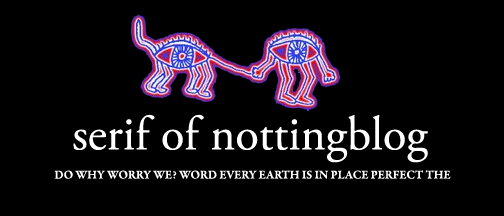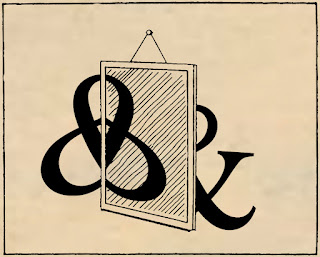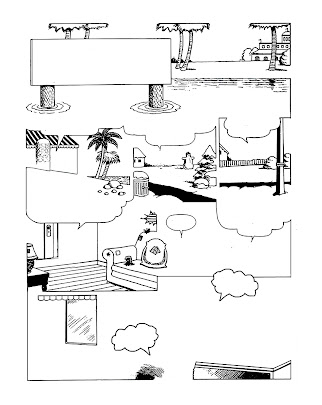Posts
Latest Posts
Happy Birthday E. Pauline Johnson.
- Get link
- Other Apps
Translations as the Anti-ship of Theseus
- Get link
- Other Apps
Breathe Moss and a video for my new book, Imagining Imagining: Essays on Language, Identity and Infinity.
- Get link
- Other Apps








